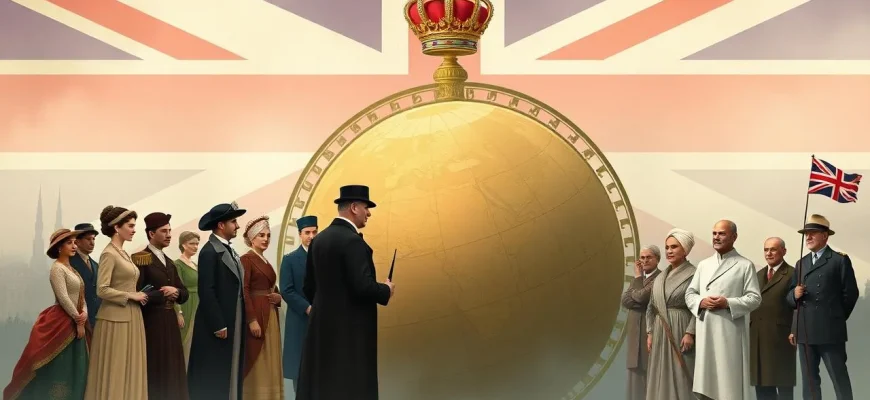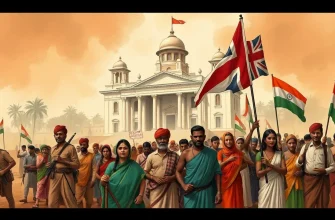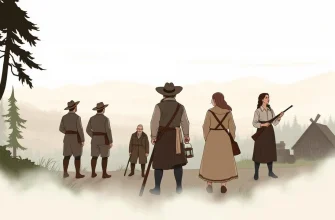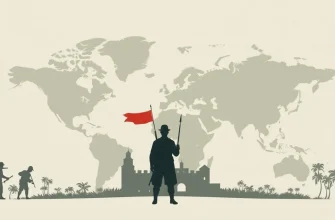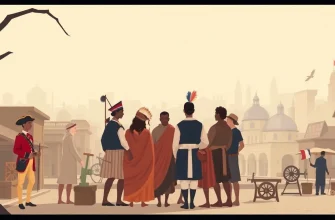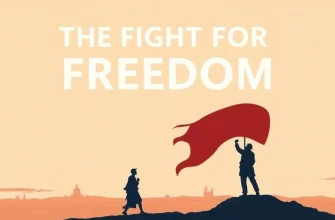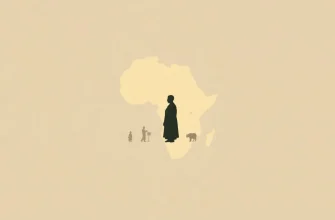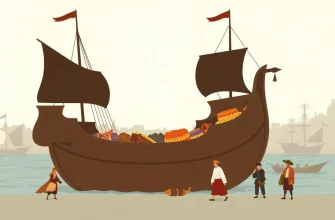The British Empire, once spanning a quarter of the world's land surface, has left an indelible mark on history. These films delve into the empire's rise, its cultural impacts, and the personal stories of those who lived through its era. From epic tales of conquest to intimate portrayals of life under British rule, this collection offers a cinematic journey through time, shedding light on the complexities of colonial power and its legacy.
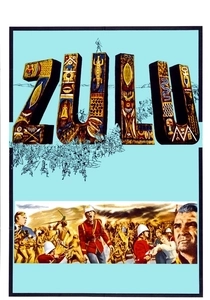
Zulu (1964)
Description: Set during the Anglo-Zulu War, this film dramatizes the Battle of Rorke's Drift, where a small British garrison held off a much larger Zulu force, showcasing the bravery and resilience of both sides.
Fact: The film was shot on location in South Africa, and the Zulu warriors were portrayed by actual Zulu extras.
 Watch Now
Watch Now 
The Charge of the Light Brigade (1968)
Description: This film recounts the disastrous British cavalry charge during the Crimean War, reflecting on the incompetence and miscommunication within the British military hierarchy.
Fact: The film features a memorable score by John Addison, and its depiction of the charge was noted for its historical accuracy.
 Watch Now
Watch Now 
The Man Who Would Be King (1975)
Description: Based on Rudyard Kipling's story, this film follows two British adventurers in 19th-century India who attempt to become kings of a remote tribe, highlighting the imperialist mindset and its consequences.
Fact: The film was shot in Morocco, standing in for the Kafiristan region of Afghanistan.
 Watch Now
Watch Now 
Gandhi (1982)
Description: This epic biographical film chronicles the life of Mohandas K. Gandhi, who led India's non-violent resistance against British rule. It captures the essence of the struggle for independence and the moral complexities of the British Raj.
Fact: The film was shot in India, with many scenes filmed in the actual locations where historical events took place. Ben Kingsley, who played Gandhi, won an Academy Award for Best Actor.
 Watch Now
Watch Now 
A Passage to India (1984)
Description: Based on E.M. Forster's novel, this film explores the tensions between the British and the Indian population in the early 20th century, highlighting the cultural misunderstandings and the quest for understanding.
Fact: The film was shot in India, with much of the cast being Indian, providing authenticity to the portrayal of the colonial era.
 Watch Now
Watch Now 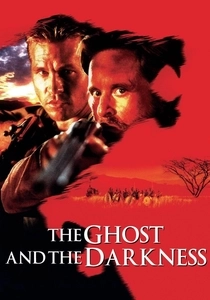
The Ghost and the Darkness (1996)
Description: Although primarily a thriller, this film is set during the construction of the Uganda-Mombasa Railway, showcasing the British colonial efforts in East Africa and the challenges faced.
Fact: The film was inspired by real events, where two man-eating lions terrorized workers on the railway project.
 Watch Now
Watch Now 
The Four Feathers (2002)
Description: This adaptation of A.E.W. Mason's novel tells the story of a British officer who resigns his commission, only to redeem himself by fighting in the Sudanese campaign, reflecting on themes of honor and imperialism.
Fact: The film was shot in the Sudanese desert, providing an authentic backdrop for the story.
 Watch Now
Watch Now 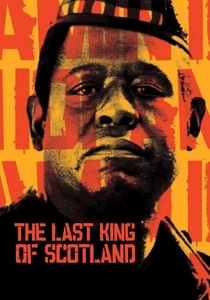
The Last King of Scotland (2006)
Description: While not directly about the British Empire, this film explores the aftermath of British colonialism in Uganda through the story of Idi Amin and his Scottish doctor, reflecting on the legacy of empire.
Fact: Forest Whitaker won an Academy Award for his portrayal of Idi Amin.
 Watch Now
Watch Now 
The Young Victoria (2009)
Description: This film focuses on the early life and reign of Queen Victoria, offering a glimpse into the personal and political challenges she faced during the expansion of the British Empire.
Fact: Emily Blunt's performance as Victoria was critically acclaimed, and the film was praised for its lavish production values.
 Watch Now
Watch Now 
The King's Speech (2010)
Description: Set during the abdication crisis of 1936, this film focuses on King George VI's struggle with a stammer and his relationship with his speech therapist. It provides insight into the personal challenges faced by British royalty during a pivotal time in the empire's history.
Fact: The film won four Academy Awards, including Best Picture, and was praised for its historical accuracy and Colin Firth's portrayal of King George VI.
 Watch Now
Watch Now 
